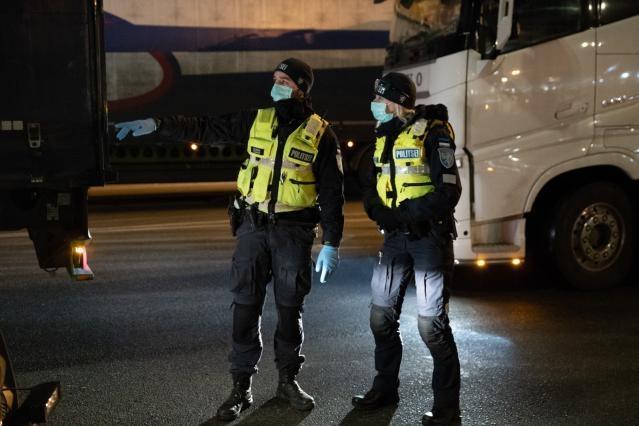
The European Commission presented today a new EU Strategy to tackle Organised Crime, focusing on boosting law enforcement and judicial cooperation, tackling organised crime structures and high priority crimes, removing criminal profits and ensuring a modern response to technological developments. The Commission also presented a new EU Strategy on Combatting Trafficking in Human Beings focusing on preventing the crime, bringing traffickers to justice and protecting and empowering victims.
Organised crime groups continue to develop and evolve, as shown by their rapid adaptation to the coronavirus pandemic, for example through the increase in counterfeit medical products and online crime. Organised crime groups active in Europe are involved in a variety of criminal activities, with drugs trafficking, organised property crime, fraud, migrant smuggling and trafficking in human beings being prevalent. In 2019, criminal revenues in the main criminal markets amounted to 1% of the EU's GDP, i.e. €139 billion.
The Strategy to tackle Organised Crime sets out the tools and measures to be taken over the next 5 years to disrupt the business models and structures of criminal organisations across borders, both online and offline.
Between 2017 and 2018, there were more than 14,000 registered victims (link is external) of trafficking in human beings within the European Union. Globally, traffickers make estimated profits of €29.4 billion in a single year. With demand for exploitation expected to continue, traffickers moving their acts online and the pandemic likely to create the conditions for increased exploitation, today’s EU Strategy on Combatting Trafficking in Human Beings, sets out the measures that will allow the EU and its Member States to continue strengthening their response.
Details
- Publication date
- 14 April 2021
